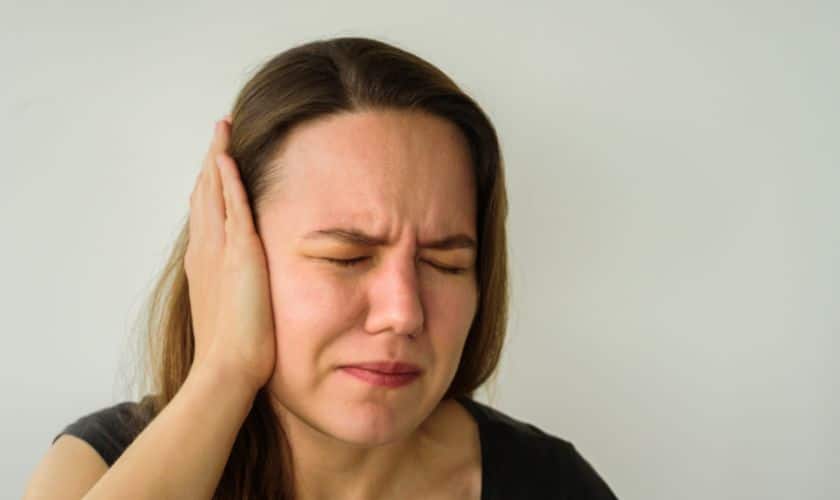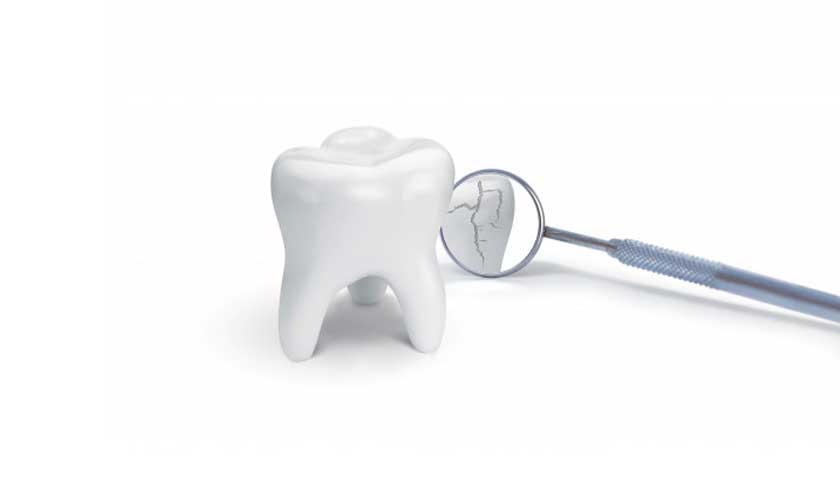4801 Southern Hills Dr, Sioux City, IA 51106, USA

Maintaining good dental health is an important part of preserving overall wellness. Unfortunately, many people don’t realize that seemingly unrelated symptoms, such as earaches, can be indicators of serious dental problems. In this article, we’ll discuss five common issues that could be signaled by an earache and provide tips on how to keep your teeth healthy so you can avoid potential problems down the road.
1. Infected Tooth
When bacteria-rich plaque accumulates on your teeth, it can cause gum disease that leads to infection and tooth decay over time. An infected tooth will likely cause a sore or throbbing sensation near the affected area. If left untreated, the infection might spread to other parts of your head, including the ears and jaw. Dental pain may be accompanied by a fever, an unpleasant taste in your mouth, and swollen lymph nodes near your neck. To avoid infected teeth, make sure to brush twice per day and floss at least once every day. Visit a dentist regularly for professional cleanings.
2. Dental Abscess
If a tooth infection reaches the root or pulp of the tooth, then it can cause a dental abscess. An abscess is an accumulation of pus that forms when bacteria penetrate into the innermost layer of tissue surrounding the tooth. Symptoms include severe pain around the affected area, swelling of gums or face, bad breath, difficulty swallowing or speaking, and earache. Dental abscesses need to be treated by a dentist as soon as possible. Dental fillings can help prevent the spread of infection and keep your teeth healthy.
3. Cavities
Cavities are caused by prolonged exposure to sugar and plaque, which combine to form an acid that eats away at the enamel of teeth. If left untreated, cavities can cause severe pain in the affected area and lead to other dental problems like gum disease or tooth loss. Other symptoms include bad breath, visible holes in the teeth, sensitivity to hot or cold drinks, and occasional earaches. Regular brushing and flossing will help reduce cavity risk while regular visits to your dentist are important for detecting cavities before they become serious.
4. Jaw Problems
Issues with the jaw can cause pain in other parts of your head, such as the ears. Temporomandibular joint disorder (TMJ) is a common issue that affects the muscles around the jaw and can lead to frequent headaches and earaches. Other symptoms include difficulty eating or opening your mouth wide, clicking or popping noises when you open your mouth, and pain in the face, neck, or shoulders. Dental treatments like dental splints may help relieve some of these symptoms. Surgery might be necessary if other treatments do not work.
5. Tooth Erosion
Tooth erosion occurs when acids from food and drink wear away the enamel of your teeth. This can lead to tooth sensitivity and pain, as well as earaches in some cases. Dental erosion is preventable with proper oral hygiene, including regular brushing and flossing with fluoride-containing toothpaste. Avoiding acidic or sugary foods and drinks can also help reduce your risk of dental erosion.
The Bottom Line
Dental problems like infected teeth, dental abscesses, cavities, jaw issues, and tooth erosion are serious issues that should not be taken lightly. An earache may be a sign that one of these conditions is present even if you don’t experience any other symptoms in the affected area. It’s important to take care of your teeth on a regular basis and visit a dentist regularly for check-ups. If you experience any of the symptoms described, make an appointment with your dentist as soon as possible.
Dental care is important for preventing many common dental issues. Make sure to brush and floss at least twice a day, visit your dentist regularly for check-ups, and avoid acidic or sugary foods and drinks.
Symptoms of a dental abscess include severe pain around the affected area, swelling of gums or face, bad breath, difficulty swallowing or speaking, and earache.
If you experience any type of earache, it’s important to visit your doctor right away as it could be a sign of a dental problem. Dental issues like infected teeth, abscesses, cavities, jaw problems, and tooth erosion can all cause earaches.




